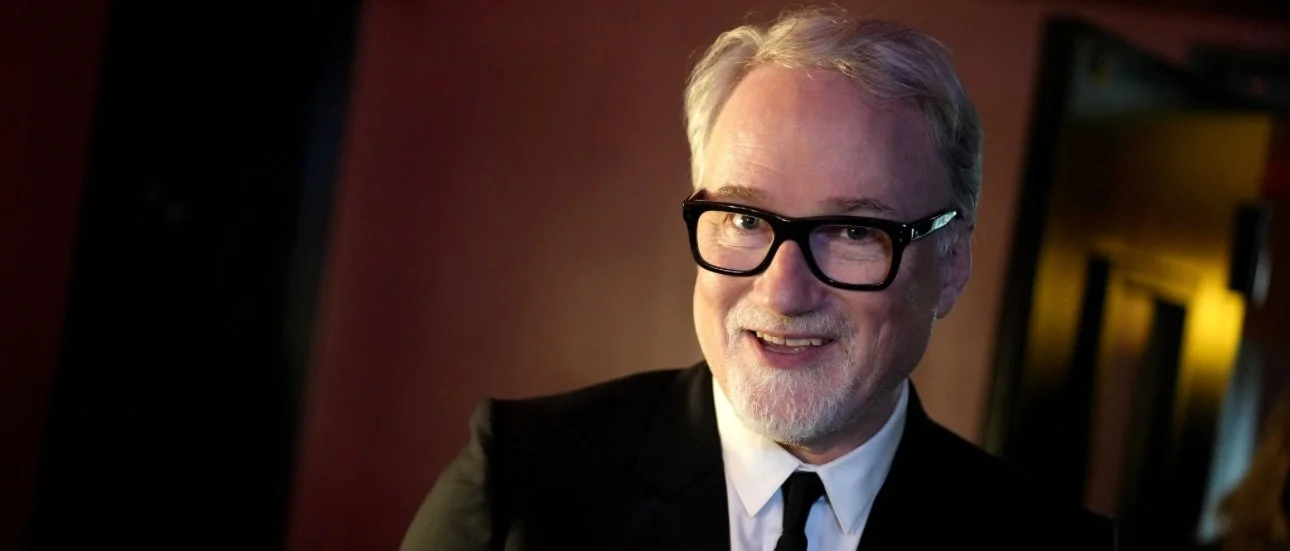Back in May 2020, I polled 175 critics, asking them to name their personal best films of the 1990s, Stanley Kubrick’s “Eyes Wide Shut” was #5.
I love how Kubrick’s final film, initially met with mixed reviews, is now seen by many as this colossal masterpiece. Christopher Nolan called it “the '2001' of relationship movies.” An apt description for a film that continues to reveal its depth-filled layers some 25 years since its release.
As part of their ongoing series, looking back at 1999, the L.A. Times has decided to interview Nicole Kidman, who co-starred with Tom Cruise in “Eyes Wide Shut.” It’s a fascinating interview recounting the film’s record-breaking shoot, which lasted two years. Kubrick then went on to edit the film for 18 months, Not too long after a final cut was shown to Warner Bros, in March 1999, the filmmaker passed away.
When asked whether the cut that was released in theaters was the one Kubrick intended to be seen, Kidman doesn’t even hesitate in saying that it was:
Oh, yeah. He had been editing it for 18 months. It wasn’t like he didn’t have enough time. He was very happy with it. For him to show it to us, that is huge, if you know Stanley. And the Warners people were there. He wasn’t going back to the drawing board.
It’s well known that Kubrick was a demanding director, infamous for doing an innumerable amount of takes and driving some of his actors totally mad. In fact, this obsessive control, on every minutia detail, lasted up until his final film. Harvey Keitel, who was originally supposed to play Victor Ziegler in “Eyes Wide Shut,” recently admitted that he quit the film, in the middle of production, after Kubrick made him shoot a walking scene 68 times.
I instantly fell for “Eyes Wide Shut” which is masterfully constructed, and gorgeously shot film about a man’s crucial search for symmetry after his wife shares a sexual fantasy that shatters his self-worth.
A near 3-hour hypnotic journey, oozing with dream-like atmosphere, about going against society’s set upon values and paving a path for your own conscience, and subconscious, Kubrick’s film is a distillation of how dreams can turn out as authentic as reality.
Martin Scorsese wrote: "When “Eyes Wide Shut” came out a few months after Stanley Kubrick's death in 1999, it was severely misunderstood, which came as no surprise. If you go back and look at the contemporary reactions to any Kubrick picture (except the earliest ones), you'll see that all his films were initially misunderstood. Then, after five or ten years came the realization that “2001: A Space Odyssey” or “Barry Lyndon” or “The Shining” was like nothing else before or since."






